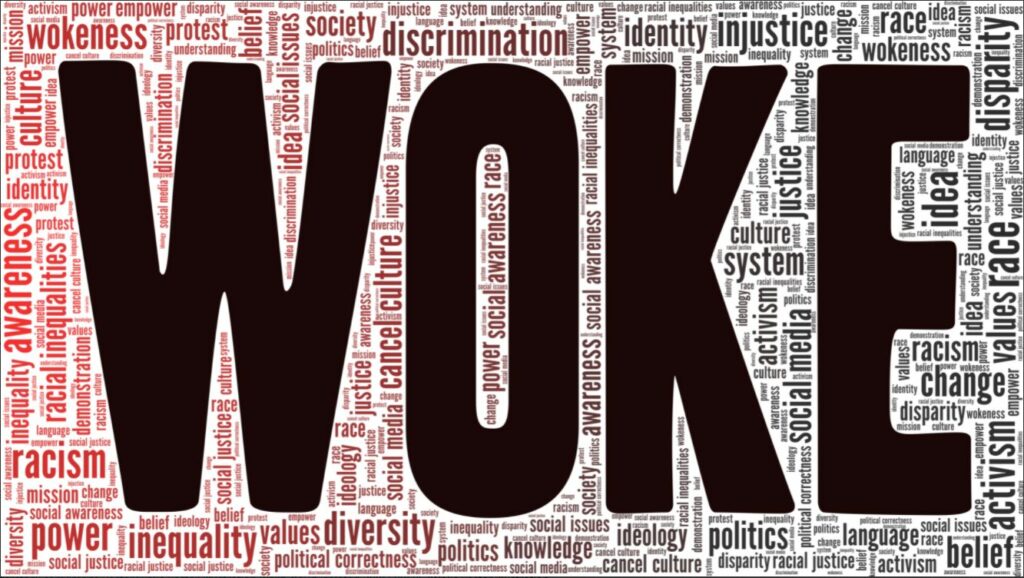In a recent commentary, author and sociologist Frank Furedi argues that “wokeness” is not a grassroots movement, but rather a “project from above” created and promoted by the elites. Furedi claims that this “project” aims to “reshape social values and reshape society.”
According to Furedi, the origins of wokeness can be traced back to the 1960s, when a group of intellectuals began to promote a “new morality” that rejected traditional values. Over time, this new morality became mainstream and was embraced by many elites in the academia, the media, and politics.
Furedi argues that wokeness is a form of “cultural authoritarianism” that seeks to control and manipulate people’s behavior by dictating what they can and cannot say or think. He claims that wokeness is not about promoting equality or social justice, but rather about creating a new form of power based on controlling people’s thoughts and beliefs.
Nevertheless, the sociologist believes that wokeness is ultimately doomed to failure, as people will eventually tire of being told what they can and cannot say or think. He believes that society will eventually reject the “top-down project” of wokeness and return to a more open and free society where people are allowed to express their opinions without fear of reprisal.
In summary, Furedi’s commentary argues that wokeness is a top-down project to control people’s minds and transform society. Even though it is advocated by the elites, he believes it is ultimately doomed to fail and will ultimately be rejected by society.
